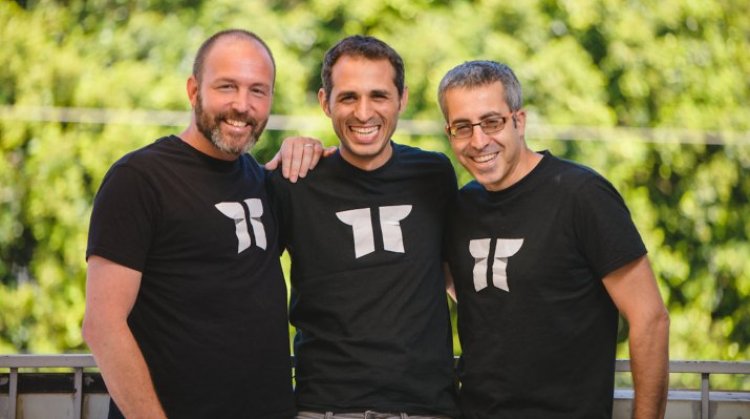Torii puts your business teams in sync as your tech stack evolves
Torii shows customers which cloud apps they have and which are most appropriate for return on investment.

The explosion of software — many companies use at least 100 SaaS applications — has made the world of managing that software more decentralized and more complex than in the past.
Enter Torii, a SaaS management tool that brings entire businesses together around the cloud apps they use so they can not only discover all of the apps they have, but automatically take action on those most appropriate for return on investment.
We previously checked in on the company last February when it announced a $10 million Series A round of funding led by Wing Venture Capital. Since then, Uri Haramati, Torii’s founder and CEO, labeled the past year “an insane year for us,” which included over 300% in annual recurring revenue.
“We’ve seen huge growth on everything that we’ve done,” he added. “It starts from the momentum of the pandemic that led us to this round and the fact that everyone moved to the cloud and adopted more tools, more science and better control.”
In addition to the revenue boost, the company is working with customers like Instacart, Carrier Corporation, Bumble, Athletic Greens and Palo Alto Networks, and took its team of 15 following the Series A and turned it into 70 people. That’s essentially building out its entire go-to-market, marketing and customer success teams, while also rounding out its leadership team, including adding vice presidents of sales and marketing.
Today, Torii is back with $50 million in Series B financing, led by Tiger Global Management, to bring its total funding to $65 million. Previous investors joining in again include Wing, Global Founders Capital, Uncork Capital, Entree Capital and Scopus Ventures.
Though Haramati had been planning for the Series B to be a little bit later, the pace with which the evolution of software was moving required the company to keep up. Some of the main problems customers increasingly have are spend and waste: The percentage of waste is increasing because of complexity, and the amount of money spent on software is also increasing as more tools are added.
Then you add in security, and now that everything is connected and data flows much easier than before, it creates another layer of problems and pains, he added.
Indeed, Torii’s found through its own customer data that organizations were adding an average of 19 new cloud applications every month. Of those, 75% were non-sanctioned, not reviewed or may not have been compliant with the company’s security policies. Not only that, but an average of 35% of app licenses end up being unused or wasted.
“The problems are not far from what they used to be two or three years ago, but they are larger,” Haramati added. “You don’t want to be the one who’s blocking everyone. The majority of the workforce uses technology, but we know that 40% of them will leave their job if the technology is substandard.”
Now armed with the Series B infusion, Haramati plans on putting a majority of the funds to work to build up his team, especially around product engineering, marketing, sales and customer success. He expects to grow to 200 people by the end of 2022. In addition, the company aims to continue leading in the amount of integrations it has — over 130 tools at this point — so that it can connect a customer’s entire ecosystem.
Meanwhile, Jake Flomenberg, partner at Wing Venture Capital, said the SaaS management space was one he had been thinking about for a long time. He saw companies “solving little pieces of the puzzle,” but it wasn’t until Flomenberg met Haramati and his team that he saw how thoughtful data collection and analysis of it could be and how thoughtful automation and orchestration could be.
“If you’re going to make really important business decisions and start automating and orchestrating things, we don’t want to do that with three-quarters accurate data,” he said. “The SaaS implosion is really becoming, let’s call it chaos at this point. People are just doing whatever they want from their homes, and it’s impossible to manage. If the IT person can hit a few green buttons and get onto the more challenging aspects of the job where you can have an even greater impact, this was the direction that Torii is headed in and what excited me to make an investment.”







